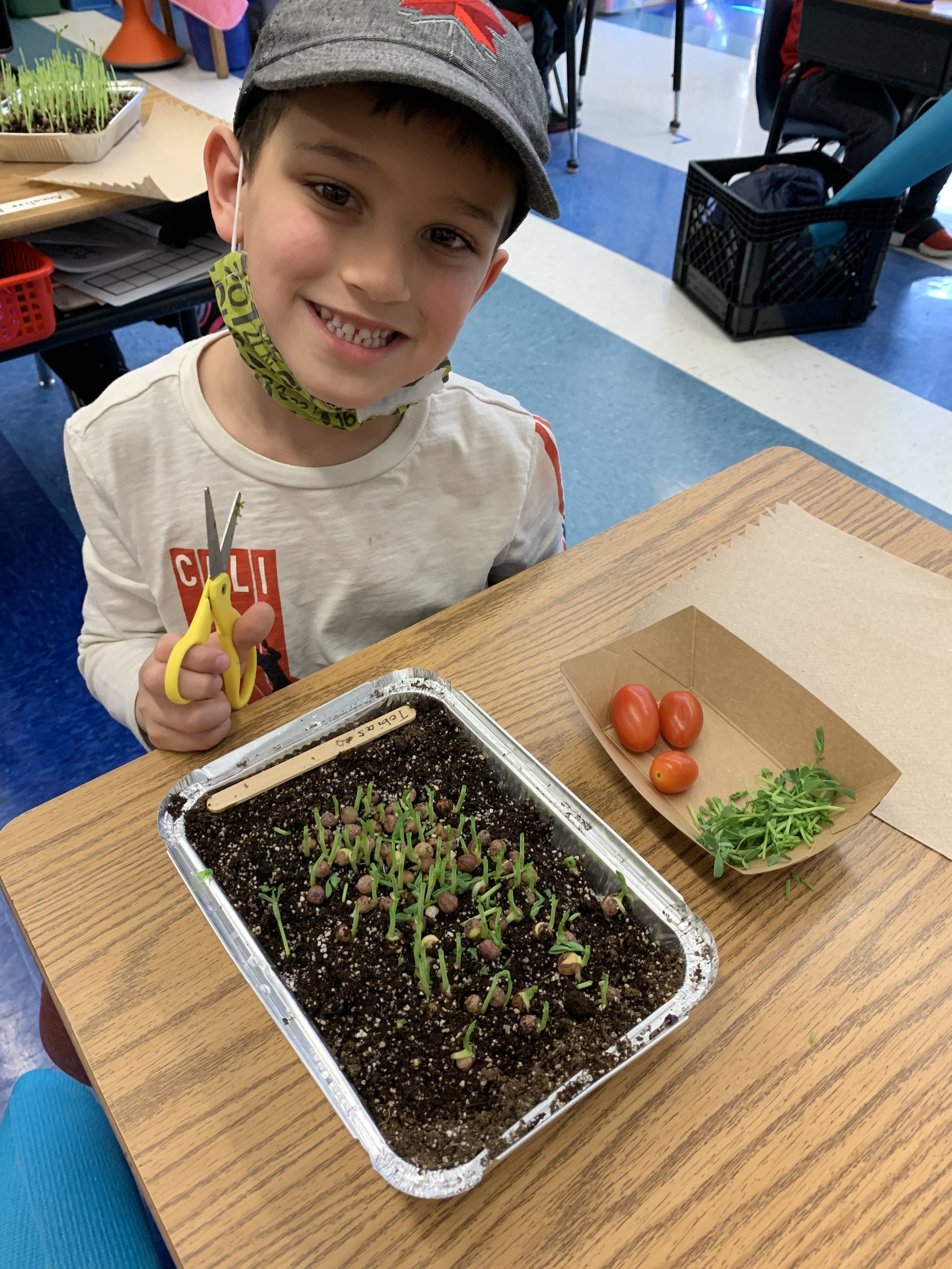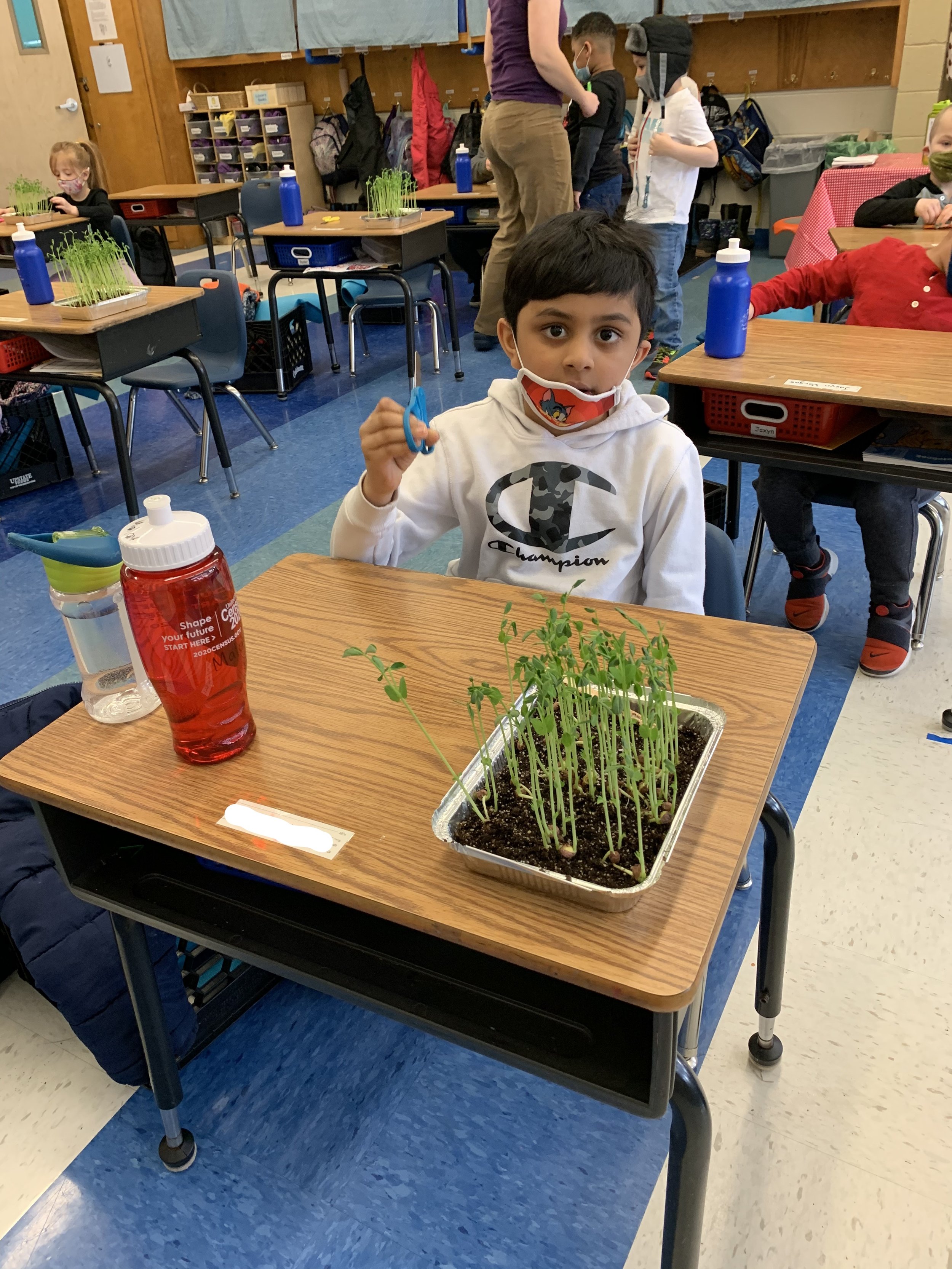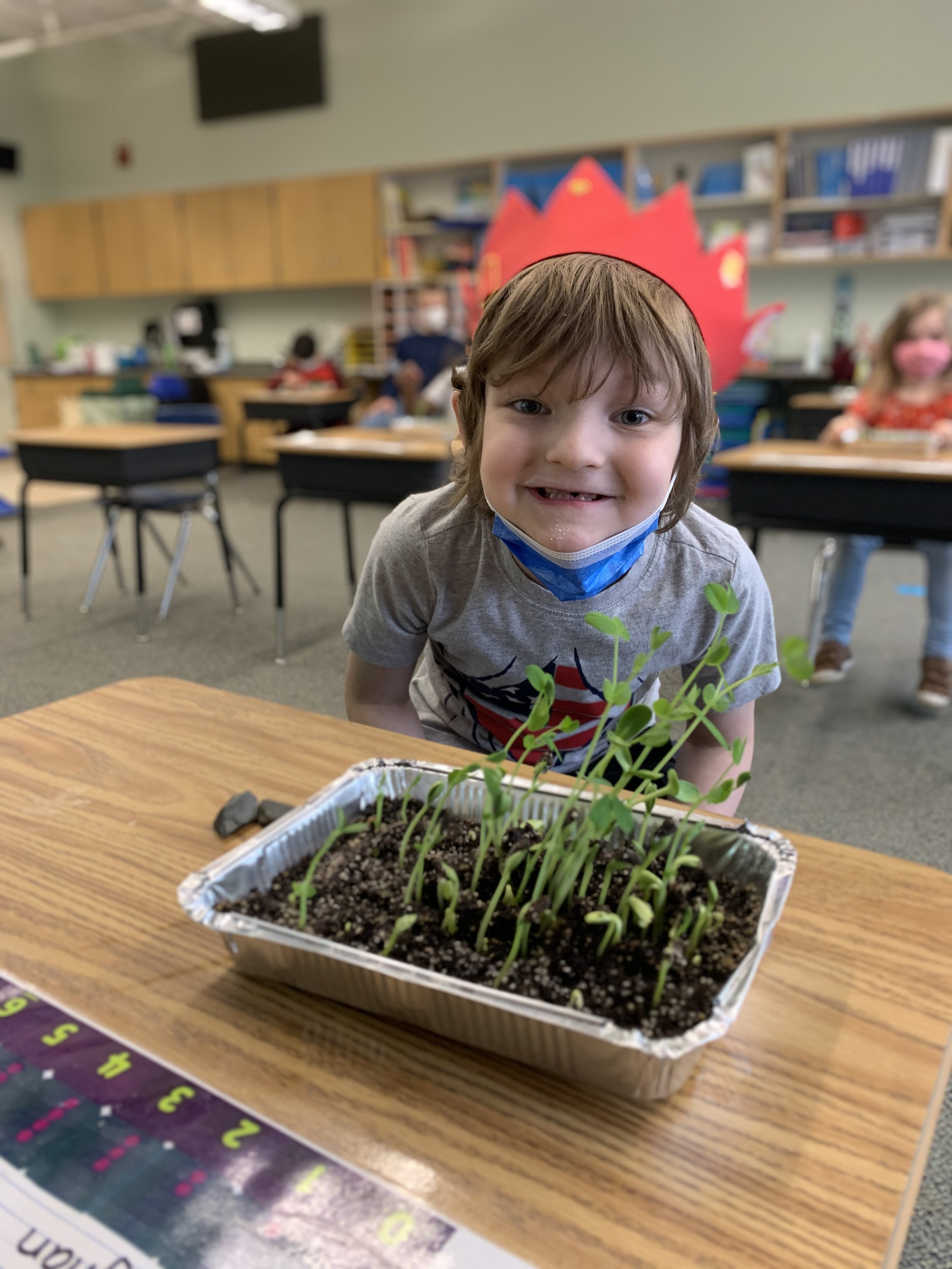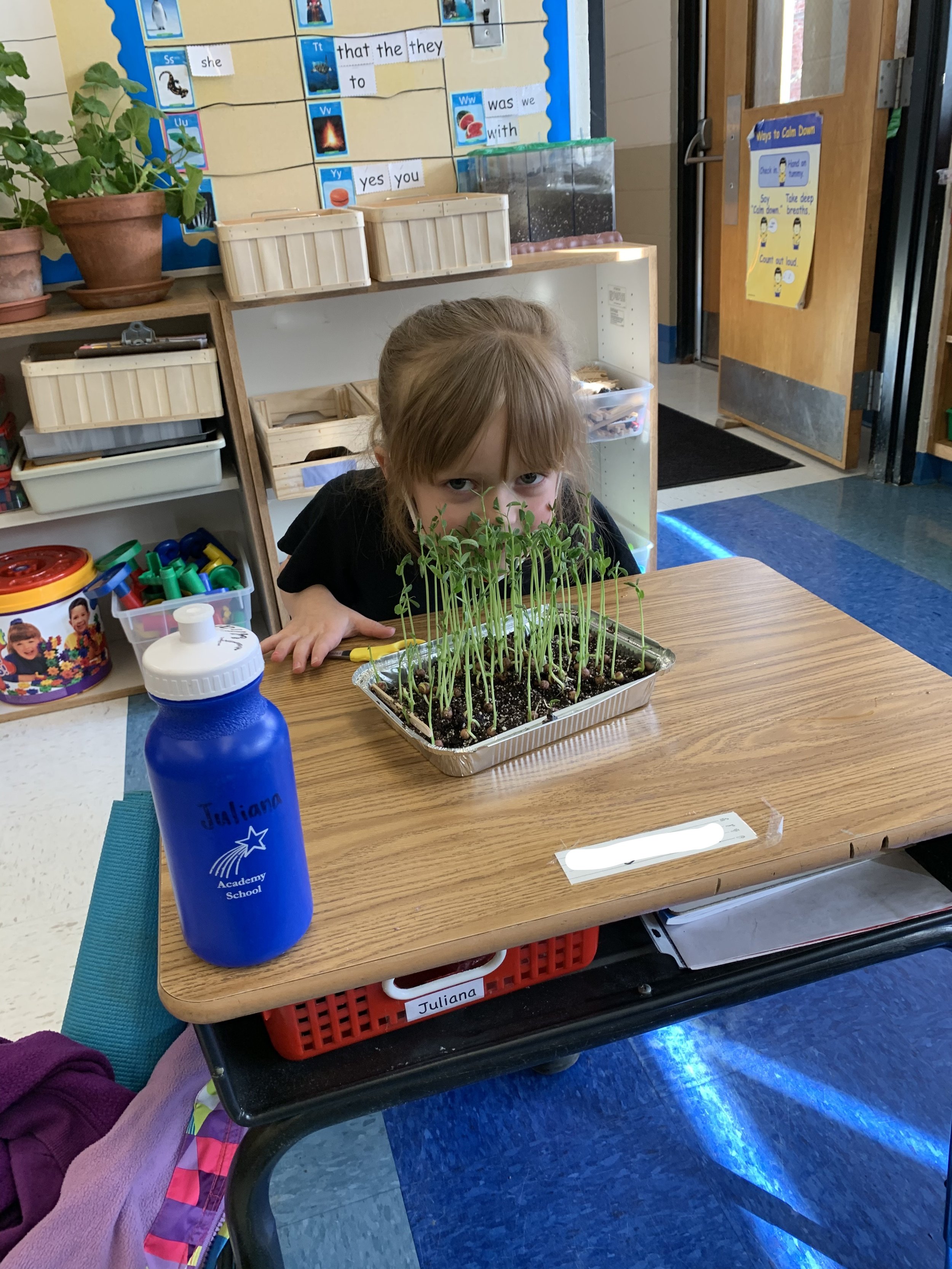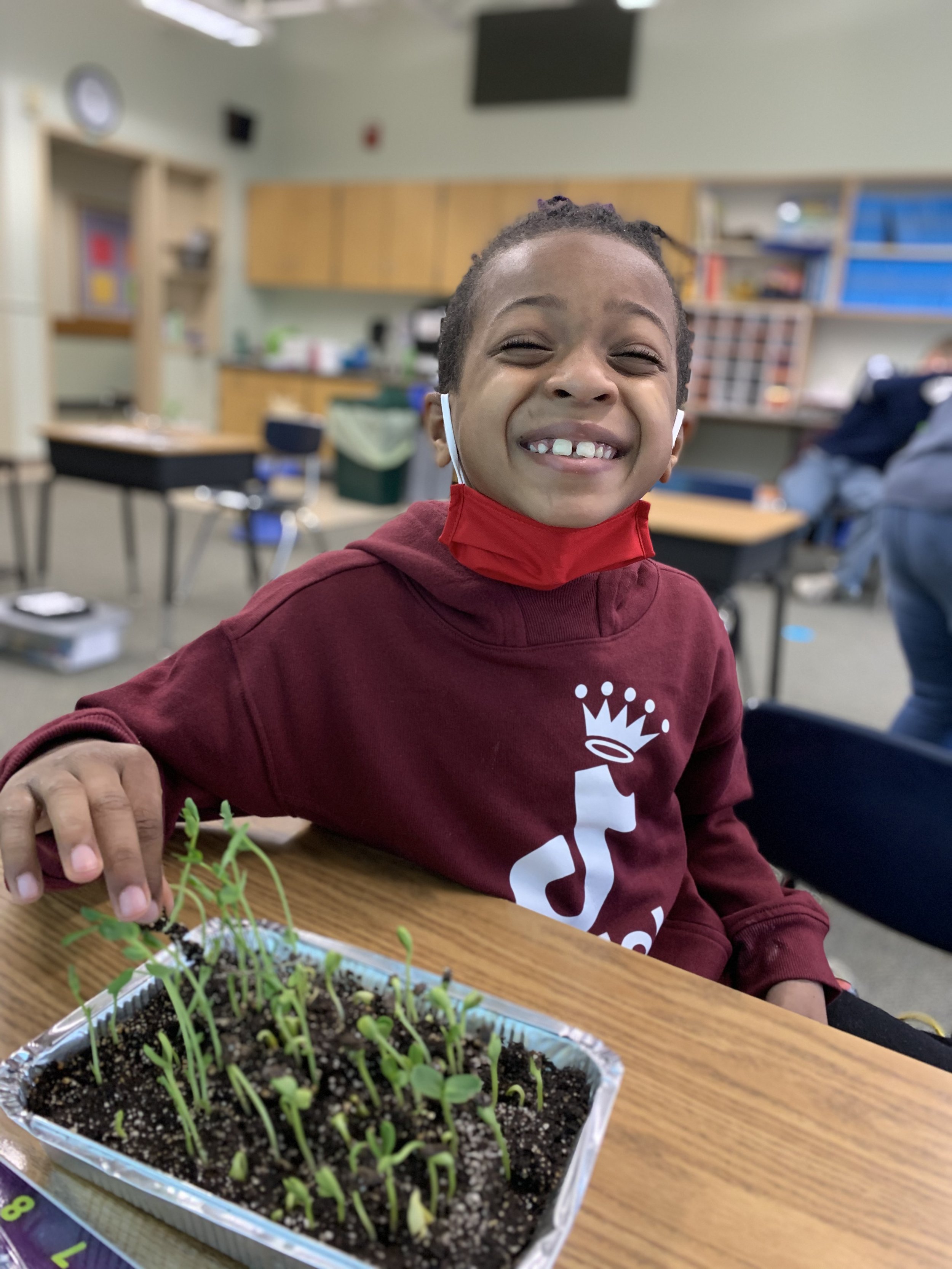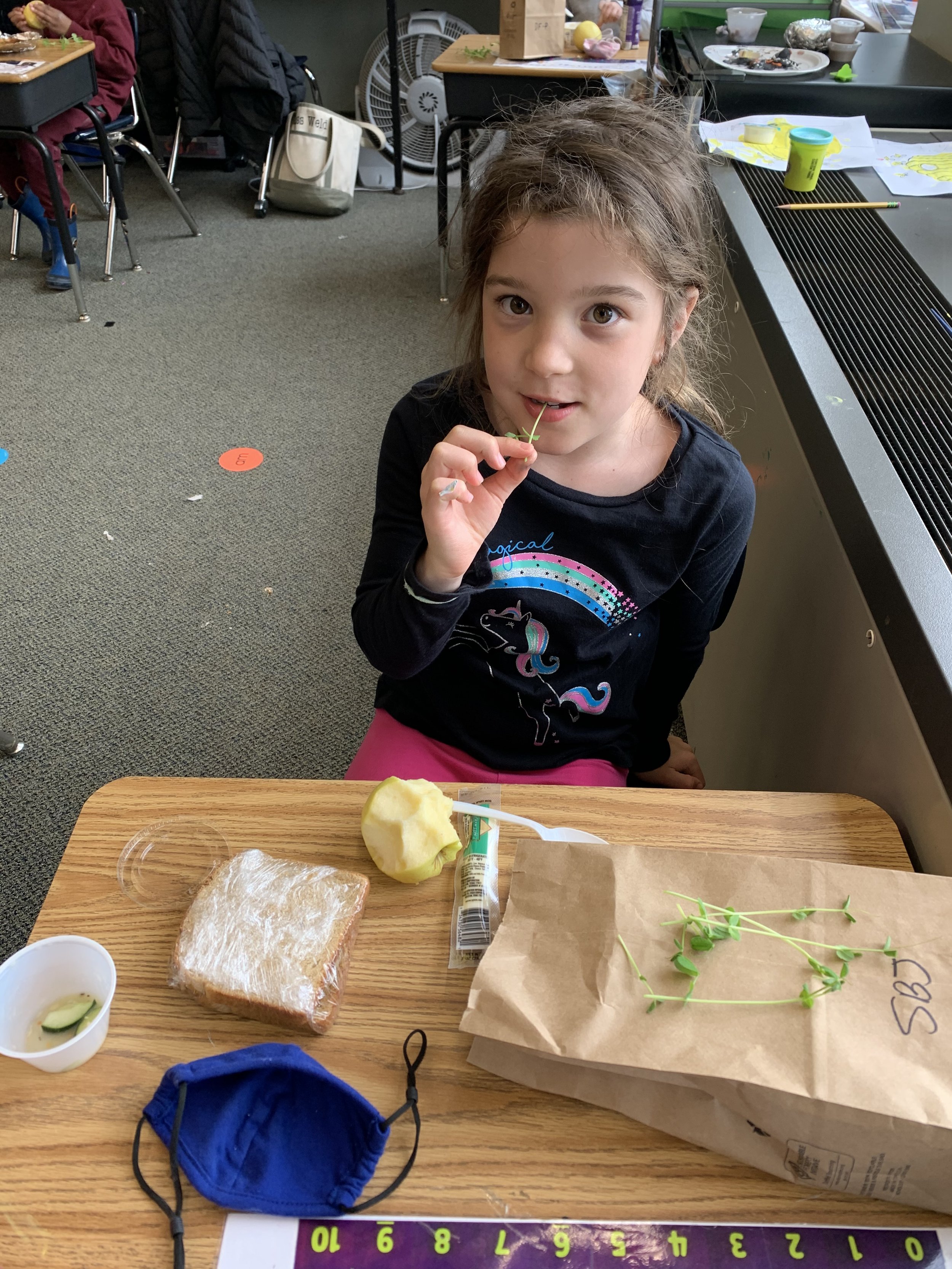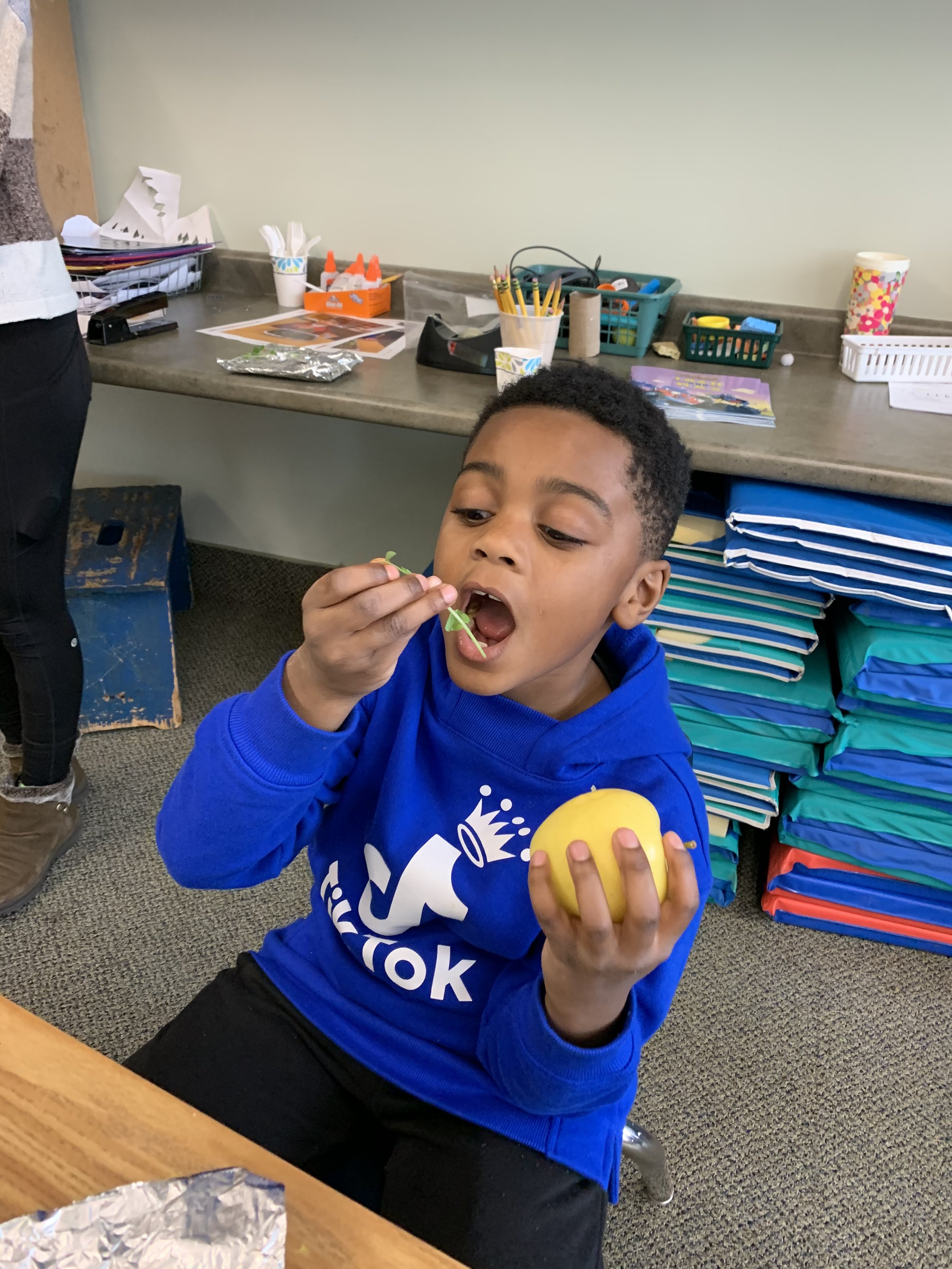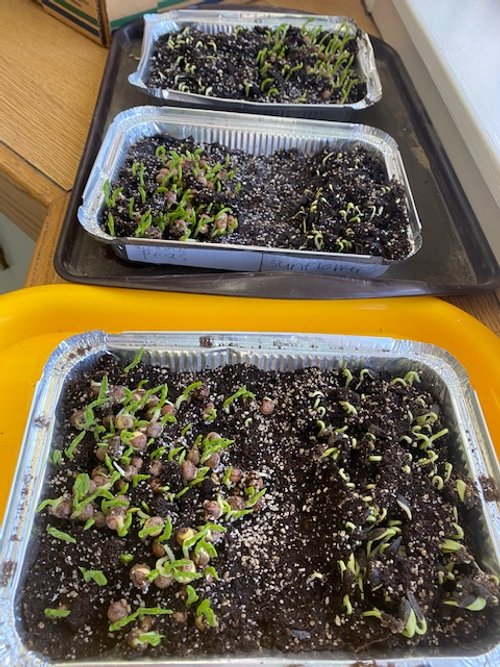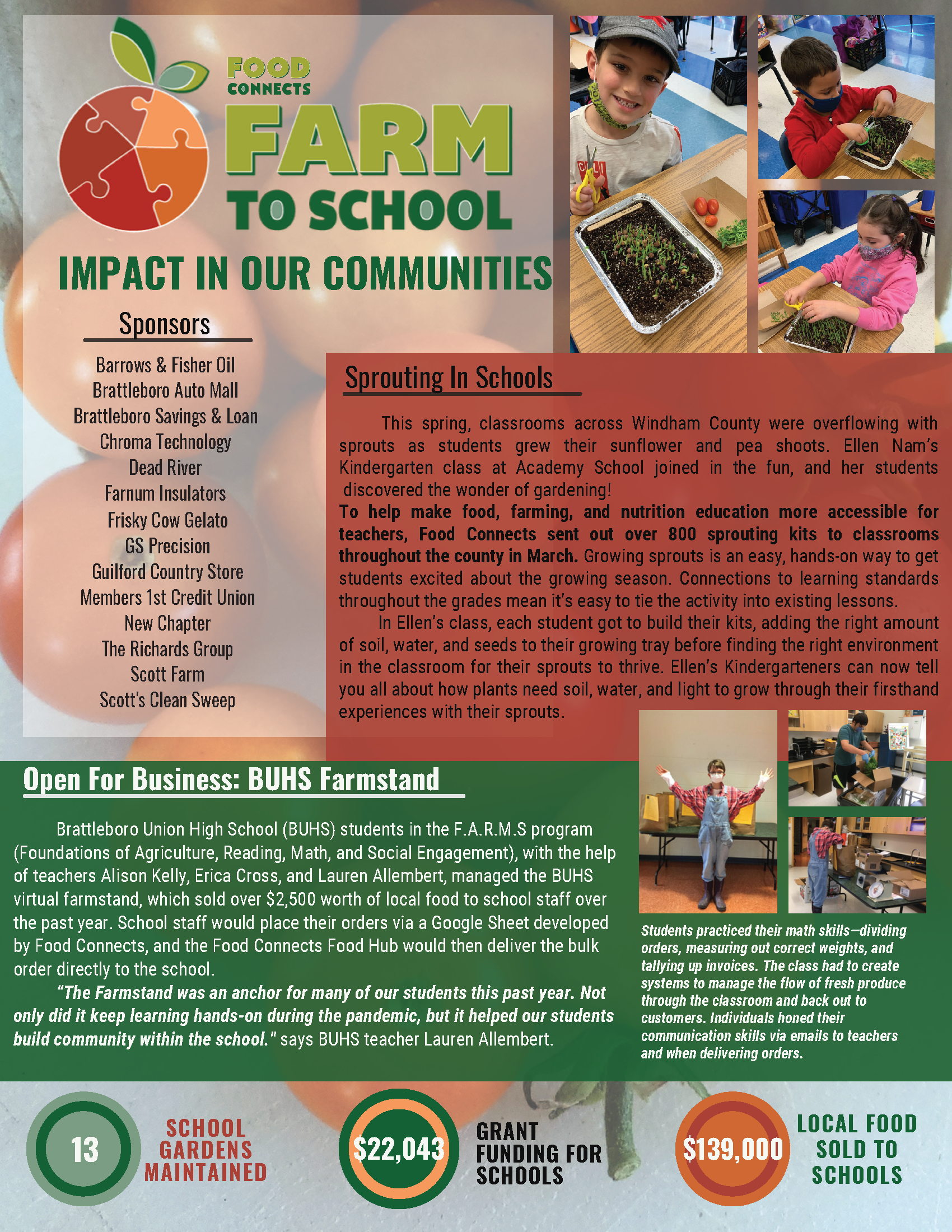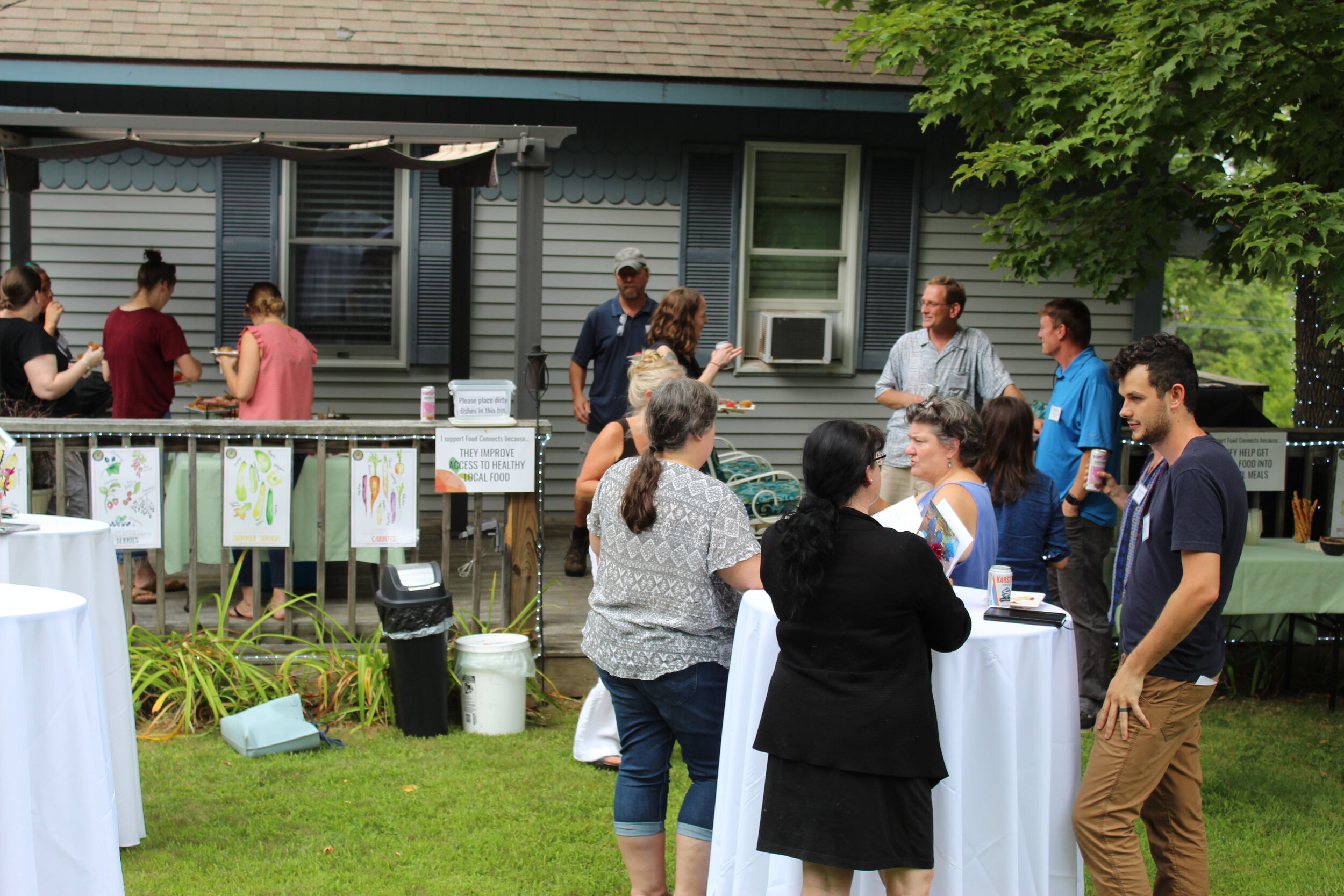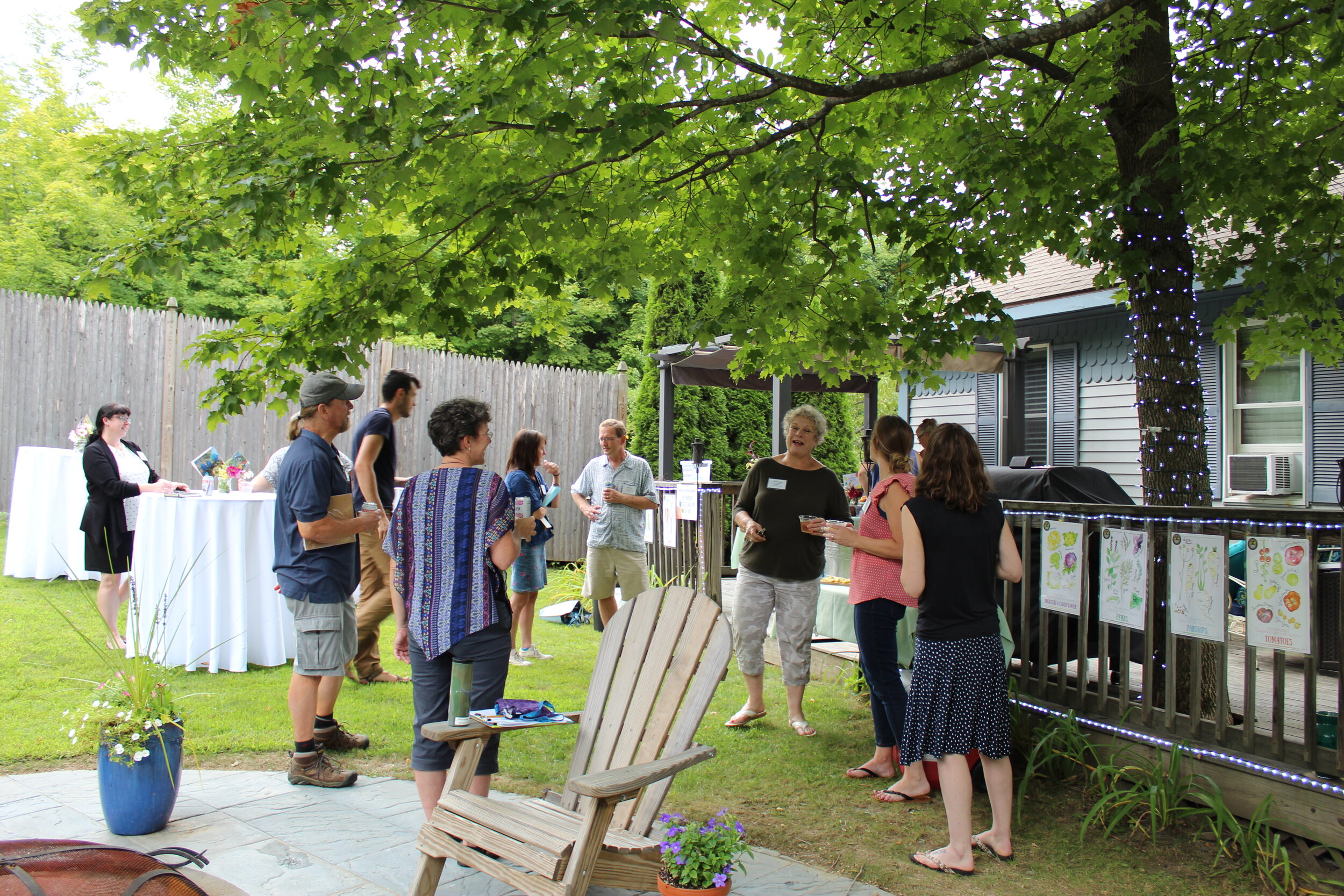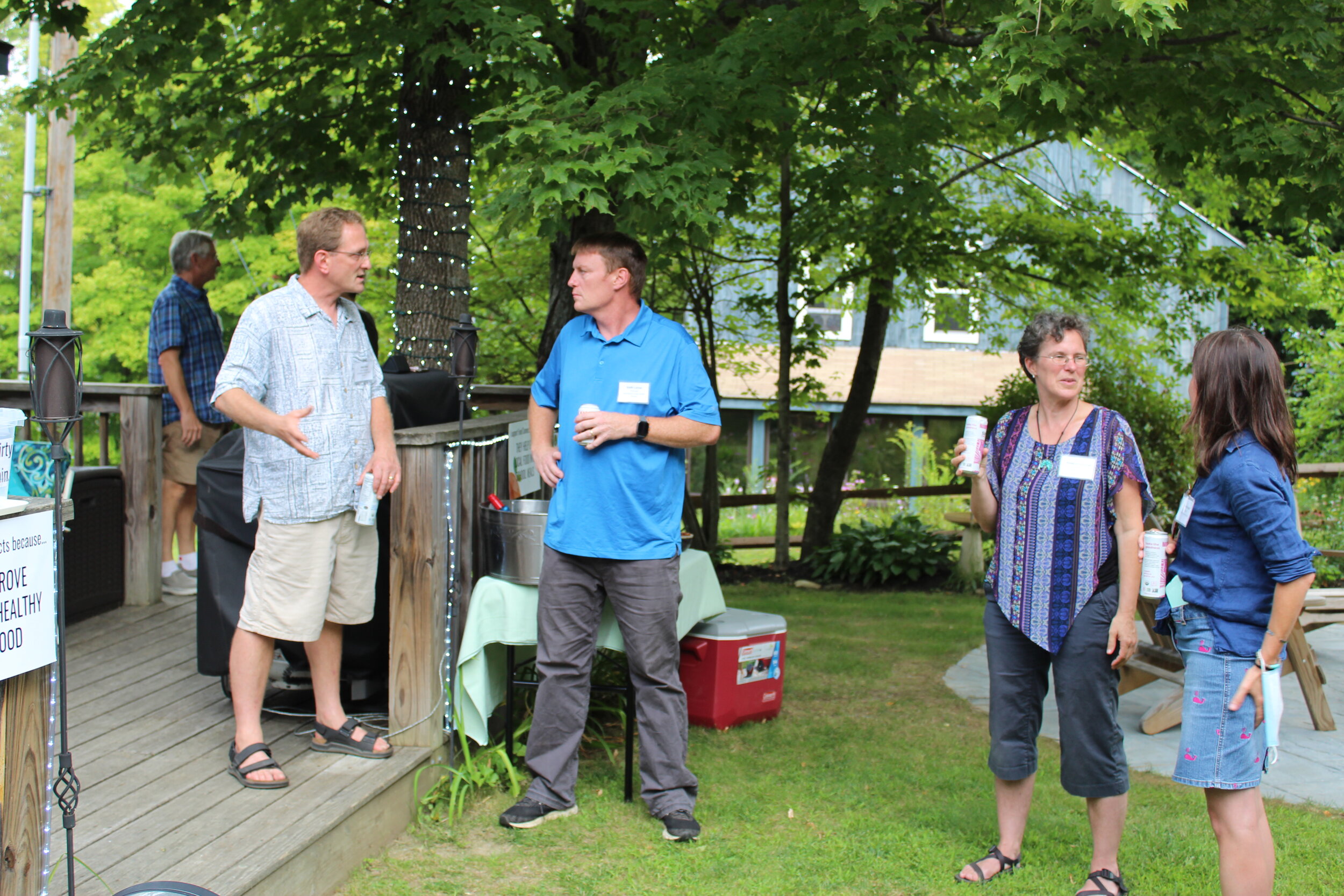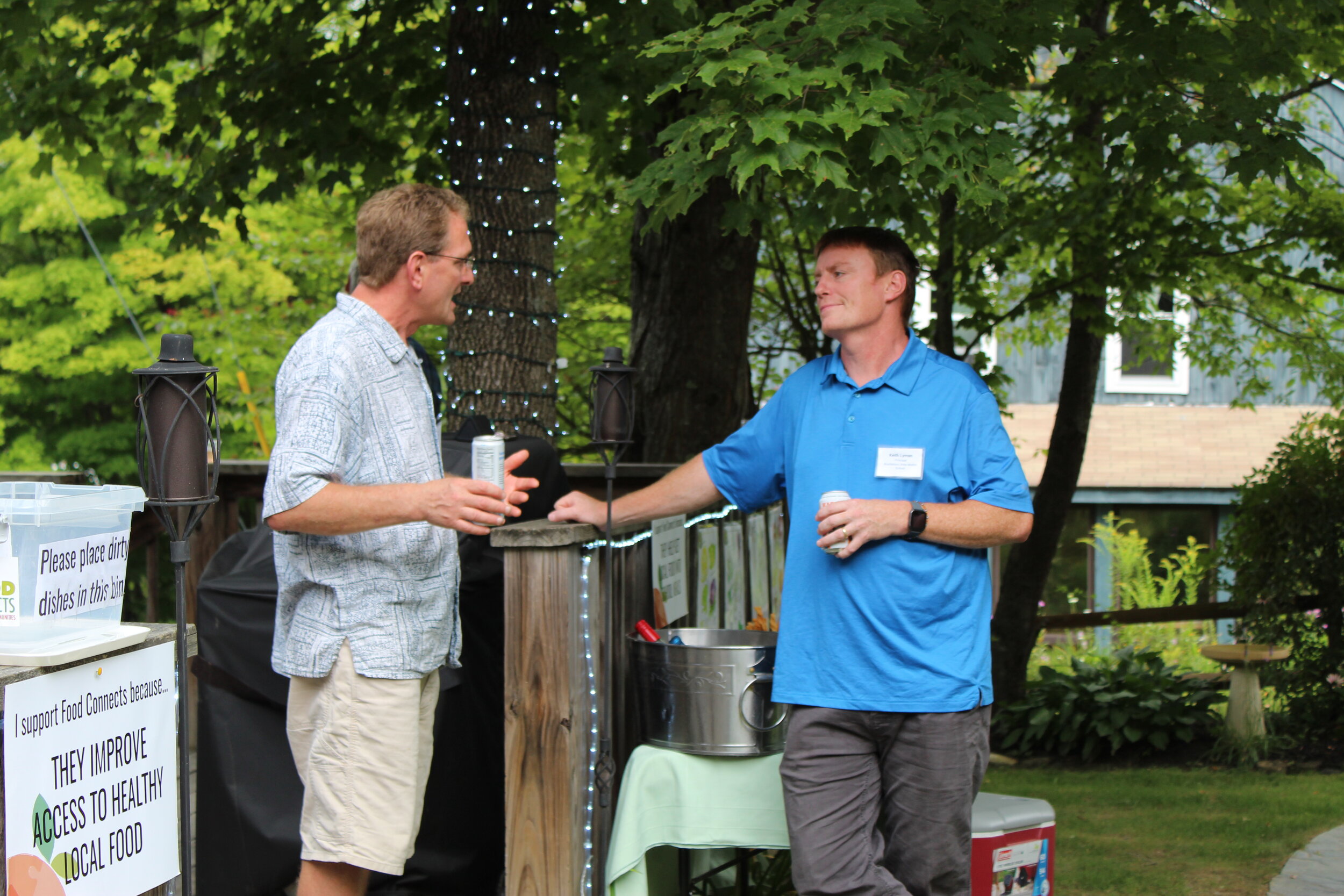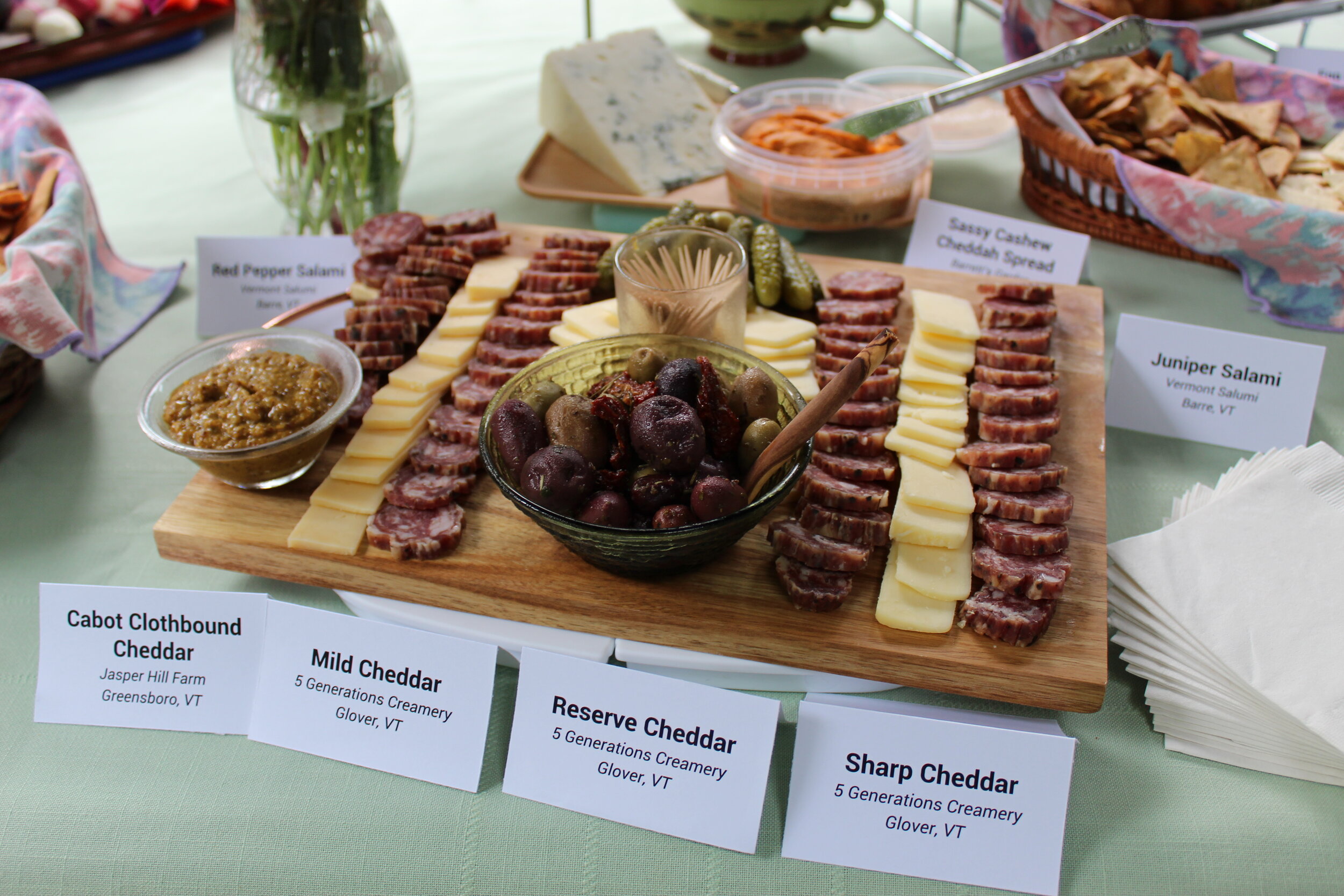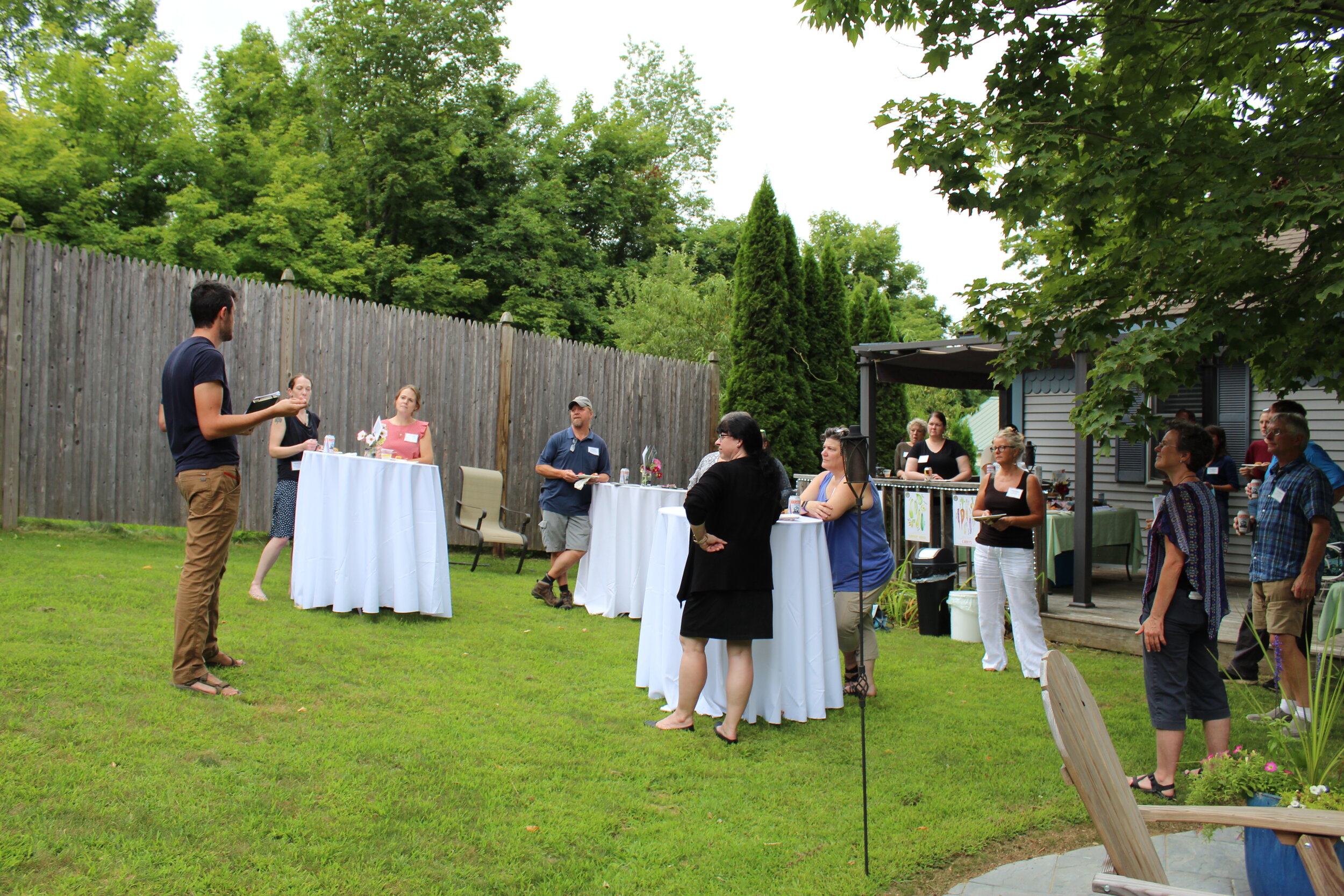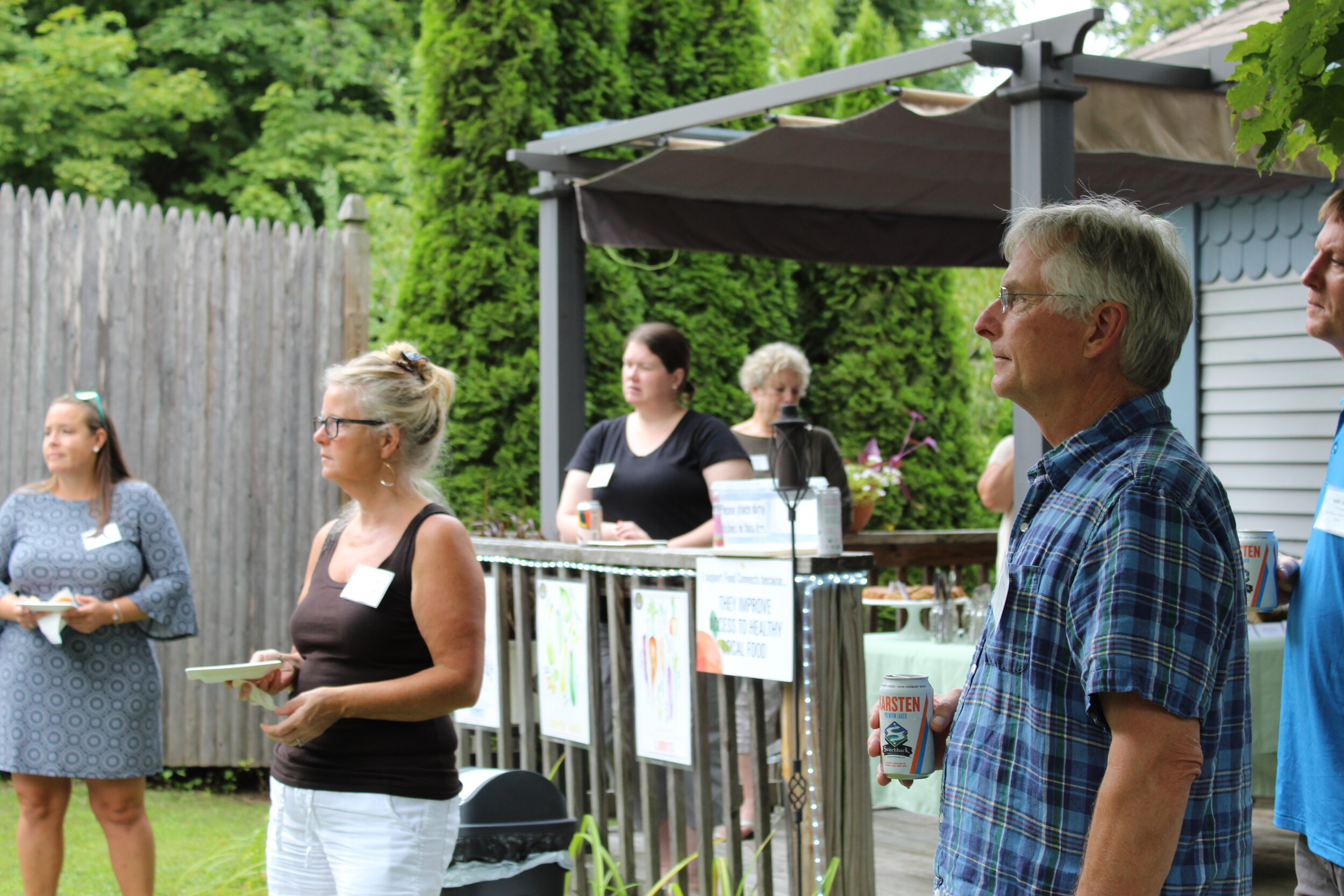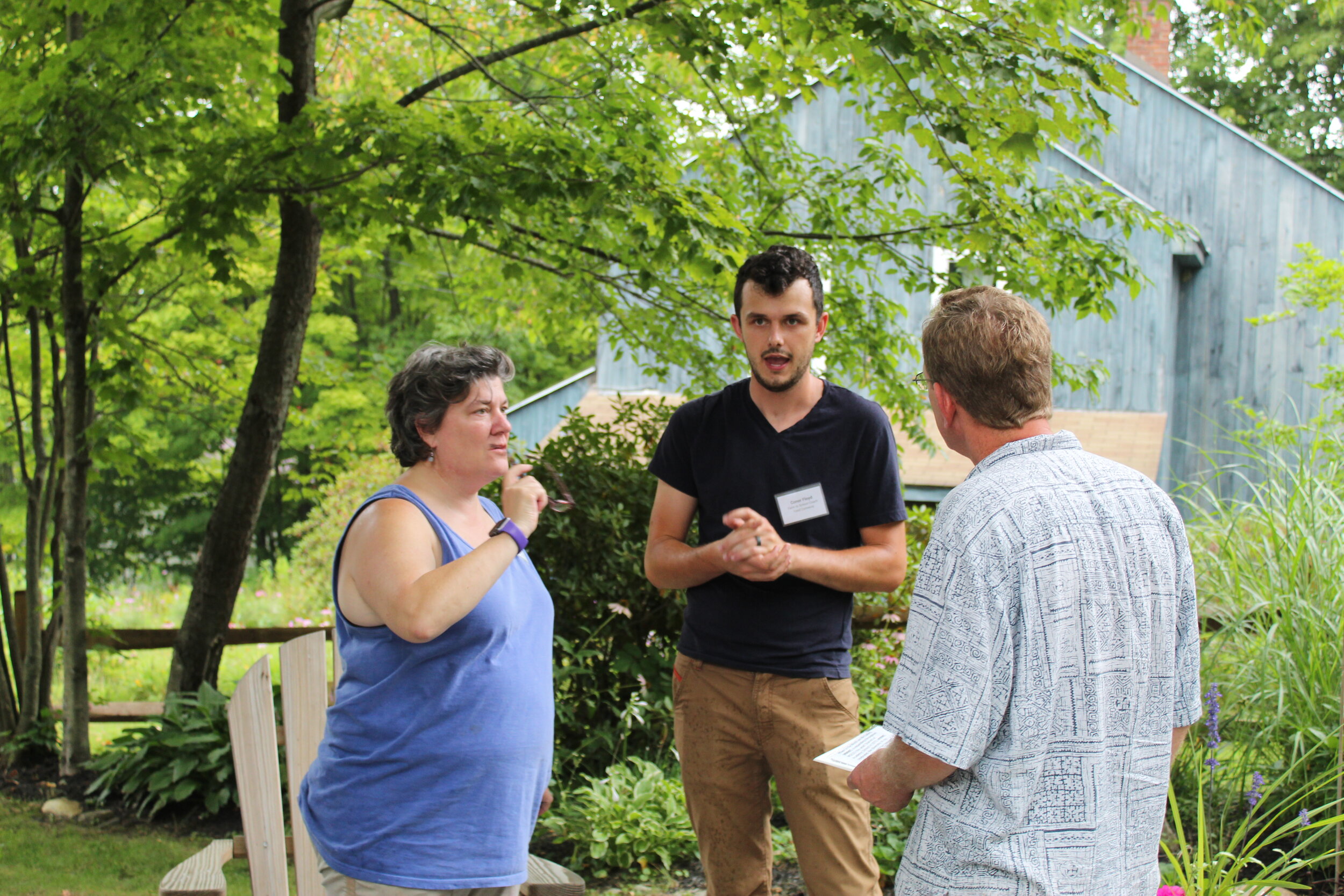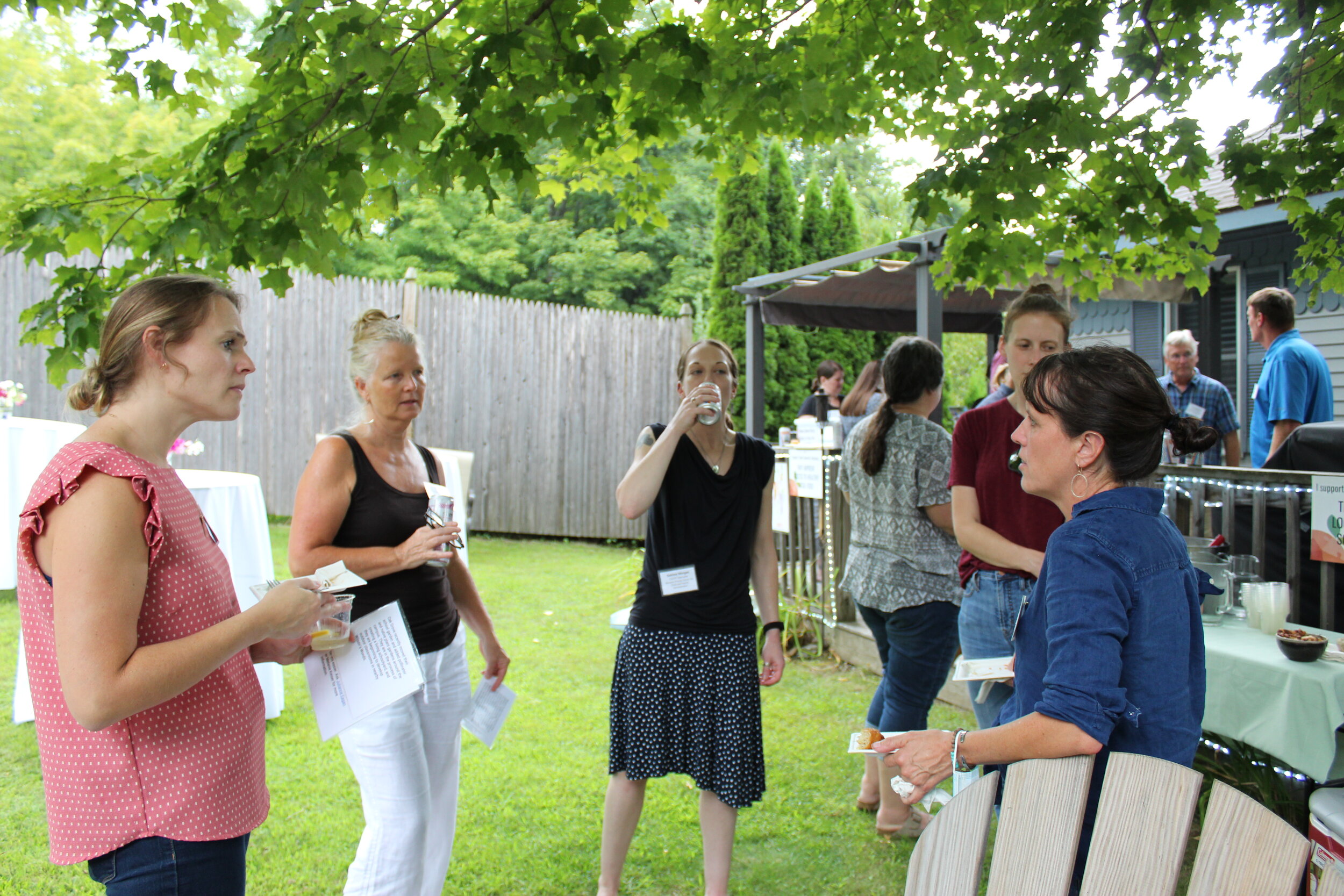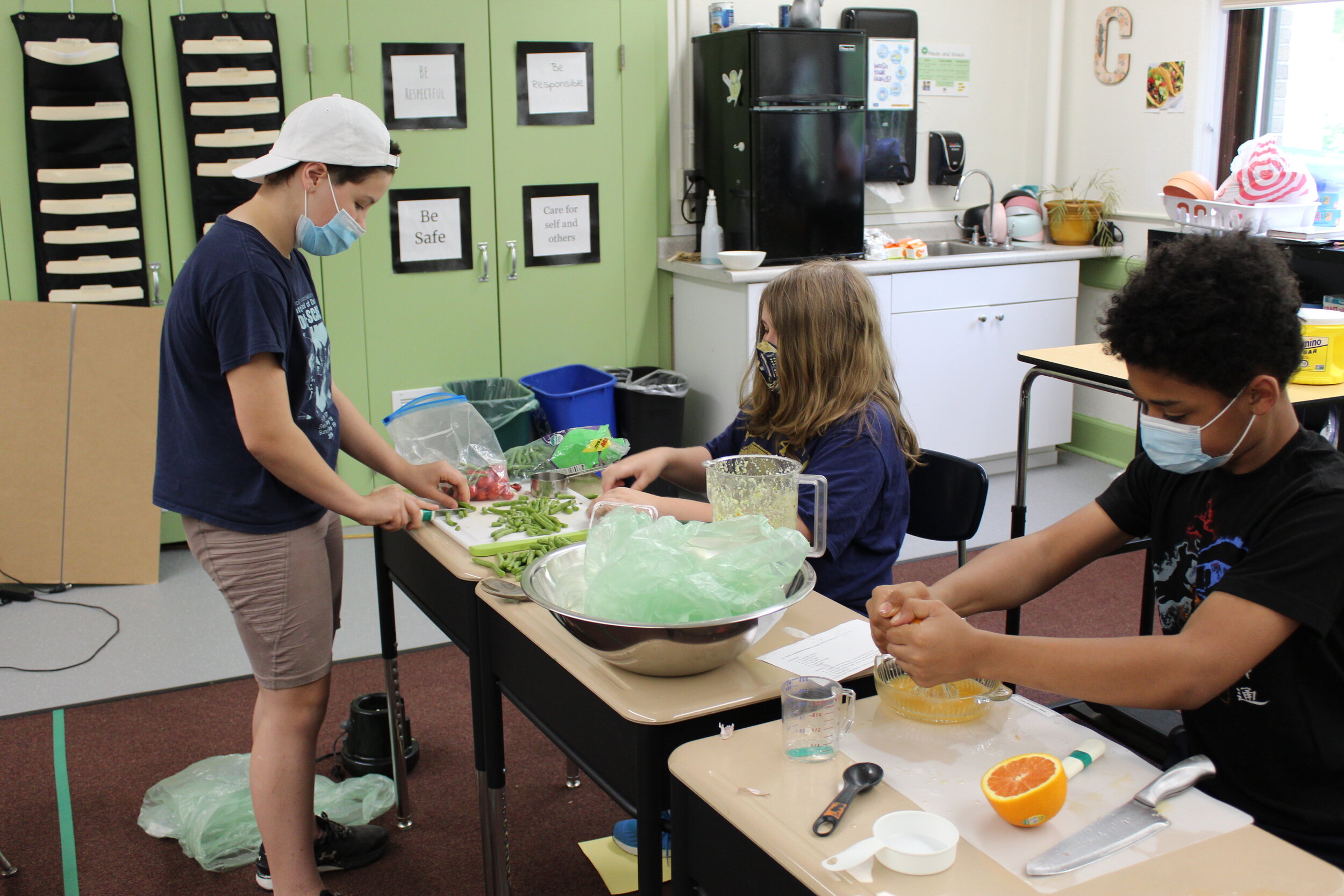Food Connects is excited to introduce Jenny Kessler as the newest member of the Farm to School (FTS) team. Jenny joins the team as the newest Farm to School Coach. Jenny previously worked as an educator in NYC for 13 years, where she integrated Farm to School throughout her curriculum.
Jenny took some time to answer some of our questions, so you could get to know her better!
What sparked your interest in Food Connects and why are you excited to be here?
Working as an educator in NYC for 13 years, I integrated FTS projects and curriculum wherever possible. I noticed right away that my high school students were always asking about my experiences working on farms, being a vegetarian, and raising chickens in the city. These questions deserved more time than a quick chat in the hallway. Kids are curious about the real world, and it doesn’t get any more real than the food we put into our bodies every day. FTS can allow students the time and space to dive deeper into the complex questions of where food comes from, why we eat the things we do, and who benefits from these choices. But equally important, it allows students time to work with their hands, be outside, work with real tools, be exposed to new foods, and have a voice in what they grow and feed themselves. I believe these to be essential learning experiences that sometimes get overlooked in the traditional American classroom.
FTS is at the center of all the issues I’m most passionate about—sustainability, education, and social justice issues. I feel incredibly fortunate to have a job where I can integrate all of these topics into my daily work.
Why is the local food movement important to you?
There are so many reasons to get behind local food—supporting farmers, making fresher and healthier food available to everyone, putting more power in the hands of individuals rather than corporations, sustainability, and energy savings, and because I love seeing and visiting small farms.
Working with small farmers in Belize, I learned how important small farms were to cultural and ecological preservation. And saw how finding a market for local products enabled Mayan families to thrive in their communities and on their land. In each of the places I’ve lived (and there have been many!) it was abundantly clear how important local food is. It connects people to their land, their culture, and their communities, and it’s under threat everywhere. Local farmers are the heart of a thriving community.
What do you see for the future of Food Connects and what you will do here? What are your hopes/dreams for this position?
My hope is to support school staff, food service directors (FSDs), and administrators in doing the work they’ve begun, to celebrate that work, and to make it easier for them to do more. I also hope to expand the reach of FTS to reach more students and more communities, including the West River Valley where I live.
I’d love to continue to build on the sharing and networking that Food Connects has already started—making it easier for our Garden Coordinators, administrators, and FSDs to connect with and learn from each other. As a teacher, learning from my colleagues and visiting other schools was the most valuable experience in my own professional development.
How will your previous Farm to School and education experience impact your work at Food Connects?
In my previous teaching career, I was able to see the direct impact of FTS activities. I’ve had high school students who had never tasted a raspberry, 4th grade students who were amazed the first time they tasted real maple syrup, and watched many of my students who were least engaged in the classroom become leaders and role models during FTS activities.
But, I’m also very familiar with how incredibly difficult it can be to integrate anything new or “extra” into the teaching day. Teachers, administrators, and Food Service Professionals need support and encouragement, and time! I’m hoping that I’ll be able to figure out creative ways for them to practice FTS that make their lives feel easier, rather than more difficult.







